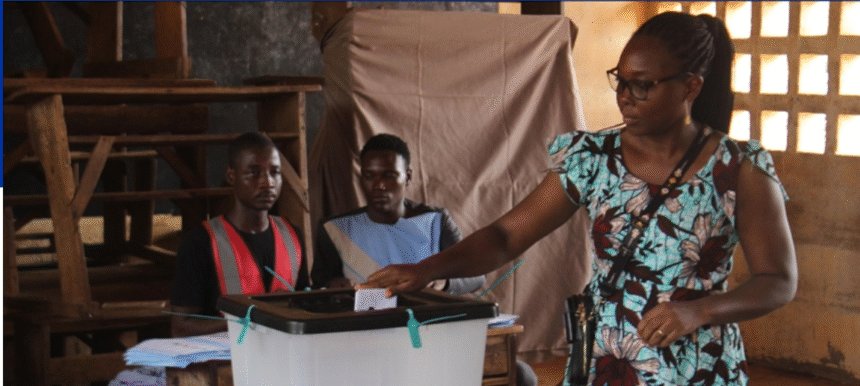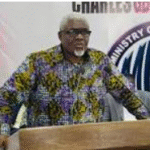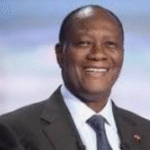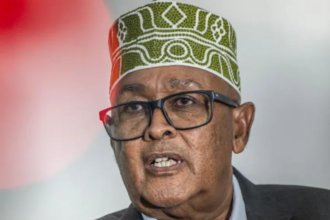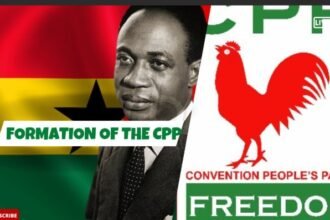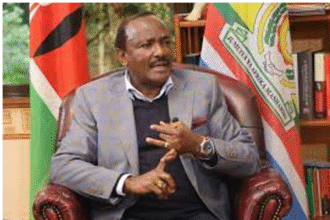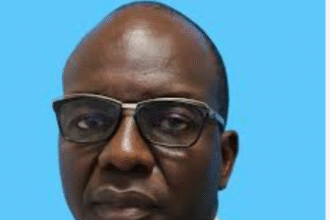By Abu Hassan
LOMÉ, TOGO – Togo’s ruling Union for the Republic (UNIR) party has secured a dominant victory in last week’s local elections, taking control of over 75% of municipal seats amidst simmering political tensions and reports of low voter turnout. The outcome further solidifies the party’s entrenched power and comes against a backdrop of ongoing concerns over the nation’s long-standing dynastic rule.
Provisional results announced Monday by the Independent National Electoral Commission (CENI) show UNIR clinched 1,150 of the 1,527 municipal councilor seats, representing a commanding 75.3% of the vote. This marks an increased majority for UNIR, which had won 60% of the vote in the 2019 municipal elections, further cementing its grip on local governance.
The main opposition National Alliance for Change (ANC) secured 51 seats, while the Union of Forces for Change (UFC) came in third with 38 seats. The Democratic Alliance for Integral Development (ADDI), considered an emerging force since last year’s legislative elections, won 34 seats. The independent grouping “Togolese, come, act,” founded by the current mayor of Golfe 1, Joseph Gomado, gained 24 seats. In total, 19 political parties, nine party groupings, and about 50 independent candidates contested the polls.
The July 17 poll, which saw over 4.5 million registered voters eligible to elect councilors across 117 municipalities, was held against a backdrop of significant political unrest. Weeks of regular anti-government demonstrations and calls for a boycott preceded the election, fueled by broader concerns over governance and the long-standing rule of the Gnassingbé family, a legacy that began with President Gnassingbé Eyadéma and continues with his son, President Faure Gnassingbé. Local media widely reported low voter turnout, indicating potential disengagement or protest against the political landscape.
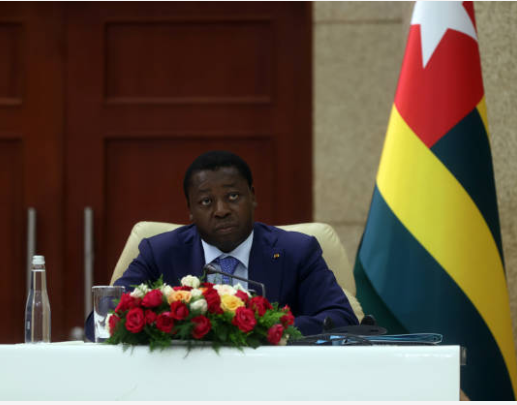
In accordance with the Togolese constitution, the provisional results are set to be validated by the Supreme Court in the coming days. The overwhelming victory for UNIR underscores the ruling party’s formidable presence in Togo’s political system, even as significant segments of the population express discontent, highlighting the passive tension simmering beneath the surface of the nation’s political life.


